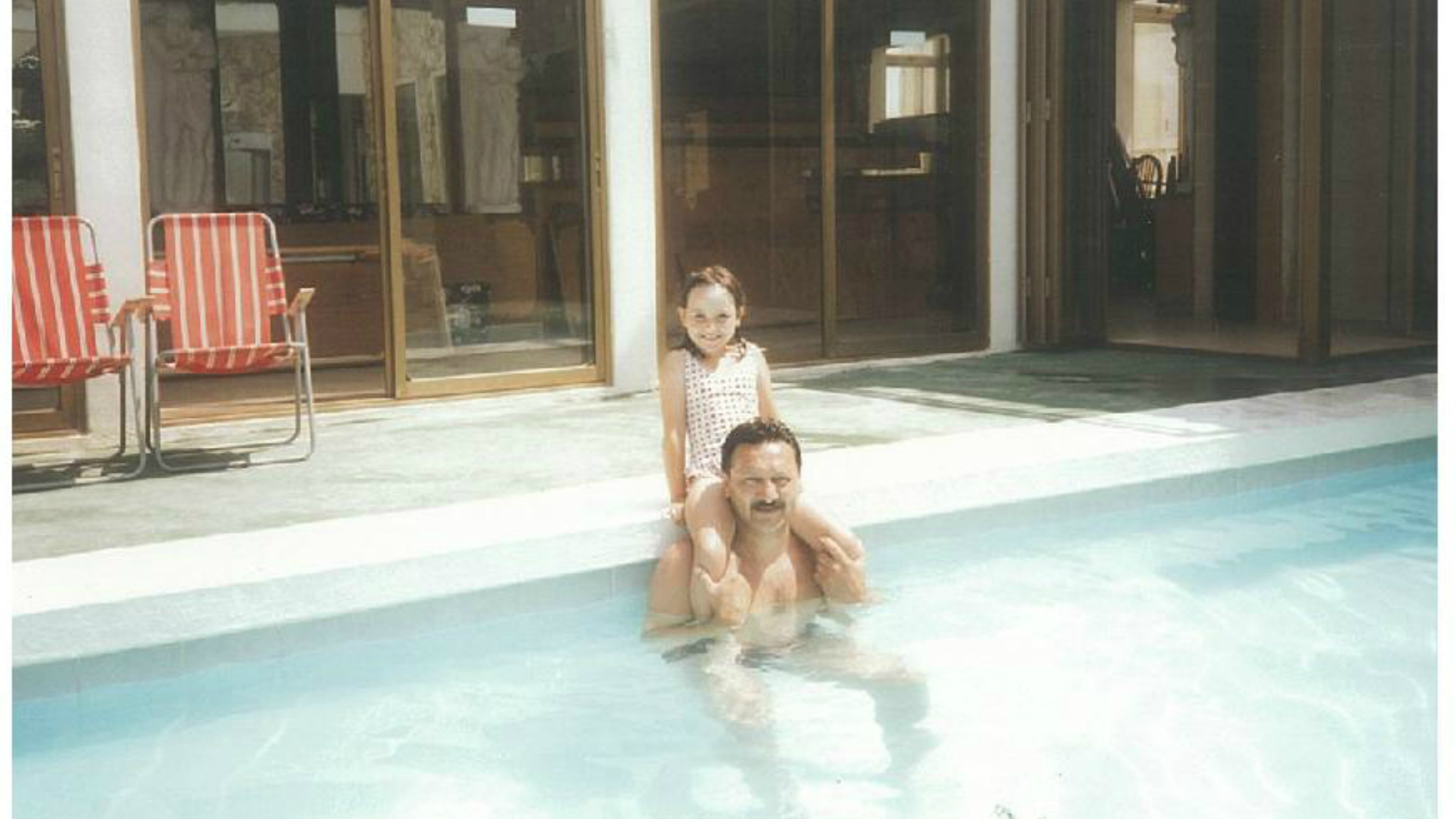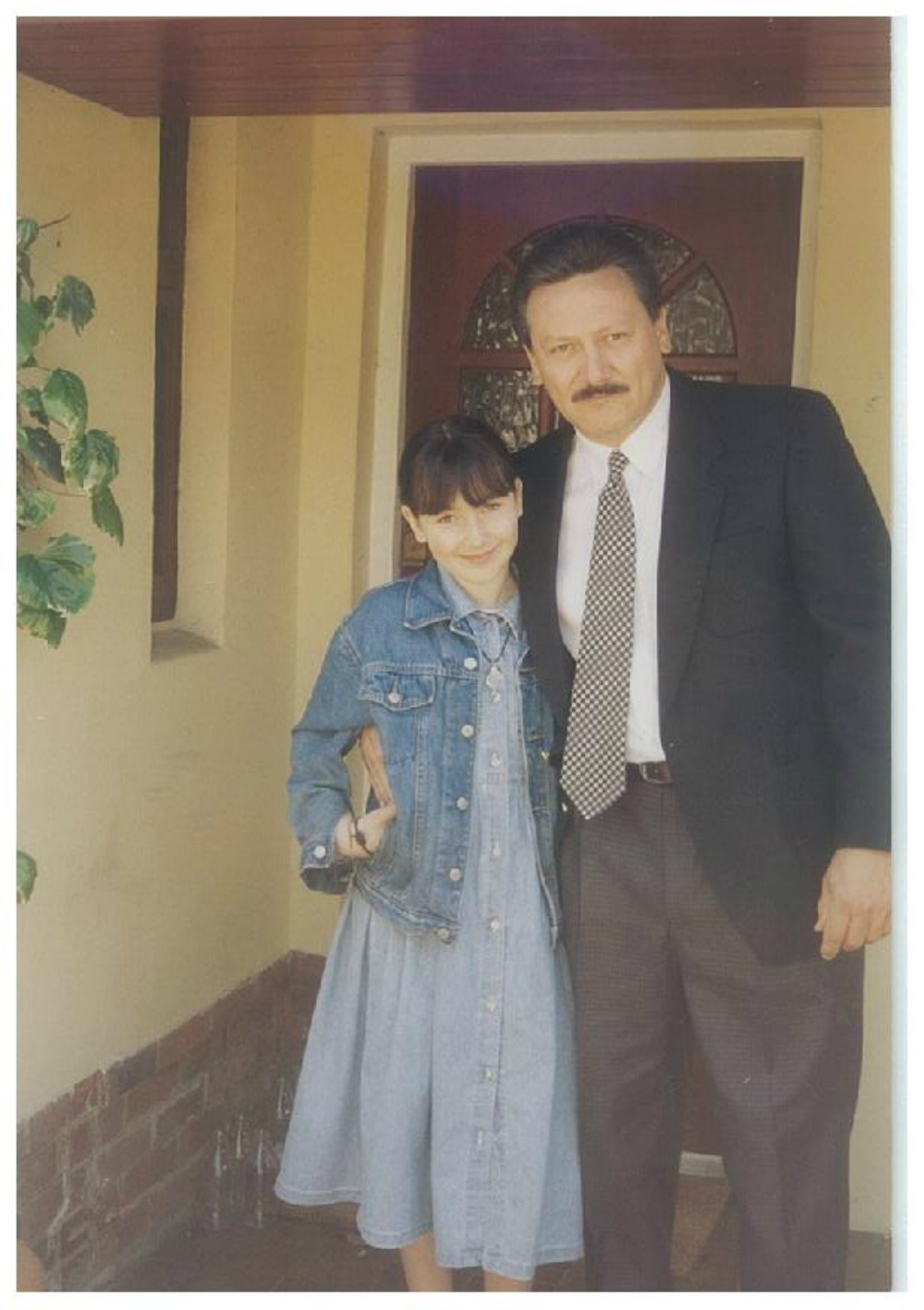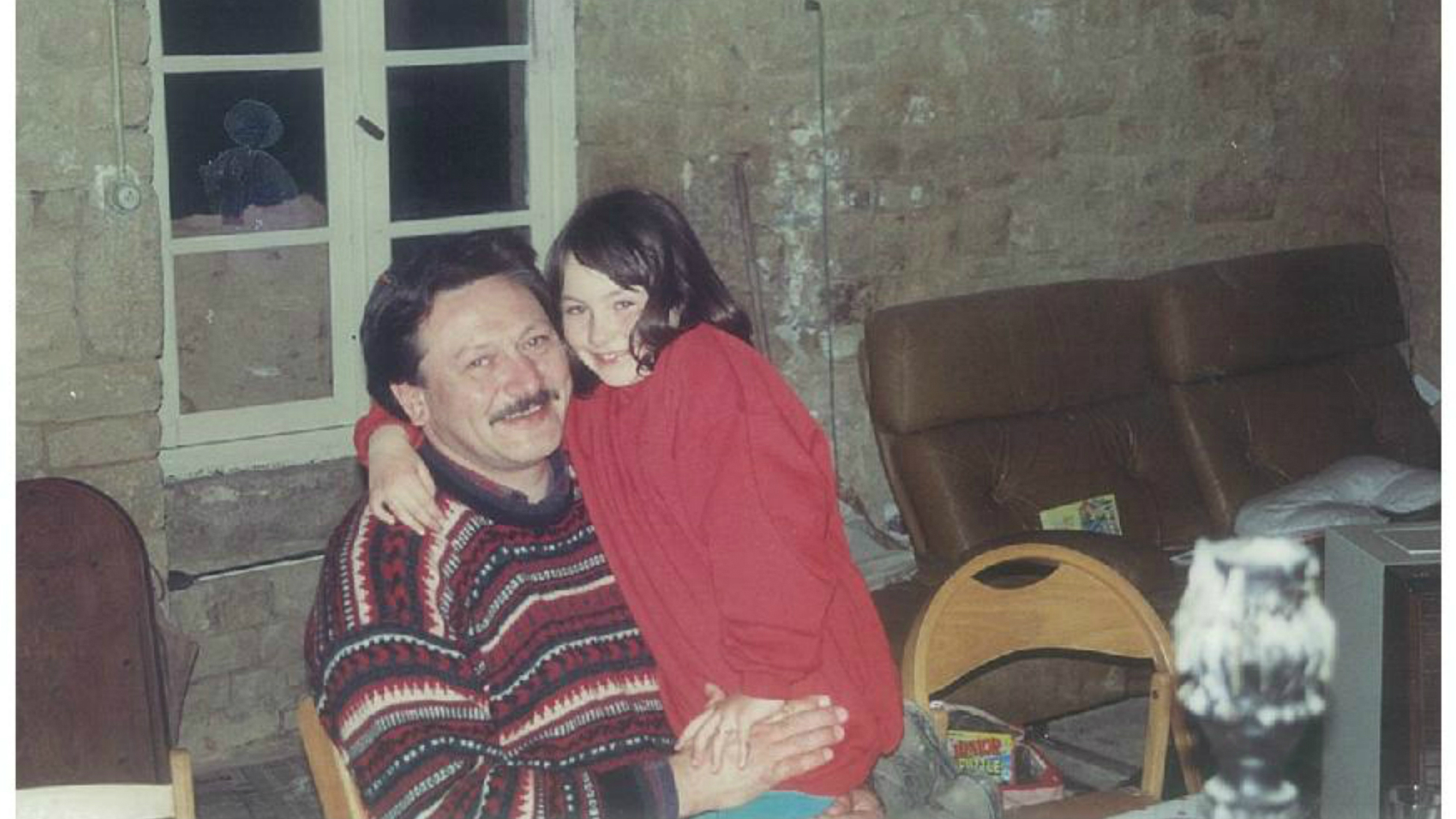'What it's like to lose a parent'
What does grief feel like? Writer Sophie Goddard shares her experience...

Celebrity news, beauty, fashion advice, and fascinating features, delivered straight to your inbox!
You are now subscribed
Your newsletter sign-up was successful
What does grief feel like? Writer Sophie Goddard shares her experience...
The funny thing about having a martyr for a parent is that, after years of them insisting you’ll miss them when they’re gone, one day they’ll probably be right. In January 2004 I was told my dad had something called a glioblastoma, an aggressive form of brain tumour that meant he only had months to live. Unexpectedly, my world was sliced open and everything I knew and loved tumbled out - like a shopping bag splitting when you haven’t quite made it home. Suddenly you’re left grappling clumsily with what’s left, trying to work out if it’s salvageable.
It turns out, it wasn’t. After his initial diagnosis, a surgeon performed something called ‘debulking’, an operation that removed a great chunk of my dad’s cancerous tumour in one fell swoop. Along with several rounds of radiotherapy, it didn’t buy us much time - just a few more months. Still, it was something, and it gave my mum and I a courteous head-start on our grief, and what his loss would really mean. A student in my first year of university, it was only just dawning on me that my dad wouldn’t be at my graduation, for example. Or meet any future boyfriends, maybe even walk me down the aisle if I got there one day. He’d never see any of that, because he was getting off the bus early. Bye then Dad, see you around.

The funeral came and went, and I learned grief is a constant ebb and flow. Some days the enormity of what had happened felt so intense and suffocating it removed the colour from everything and made simple, enjoyable tasks like eating or sleeping much harder. Other mornings it brought about an uneasy sense of relief (‘Thank god we don’t have to drive to the bloody MacMillan unit today’ and ‘Isn’t it great I got an extension on my Philip Pullman essay when I wouldn’t have even started it anyway’). Until the next day when another seismic blow knocks the air out of your lungs and the cycle begins all over again. I once read that grief lasts as long as love does, in which case it must never really end?
There are positives too, though - an unexpected death means you’re flung headfirst into a loving gaggle of aunts, uncles, friends and the woman who led your first Holy Communion course - people from your past and present suddenly spring up and offer to do generous, kind things for you. It’s heartwarming and lovely, and the celebrity status feels woefully intoxicating for a few months, until one-by-one, the well-wishers, cards and calls begin to drop away. Because then it’s somebody else’s turn - another person who’s got ill, depressed or divorced and that’s where the crowd moves next, a flock of starlings suddenly changing direction. And you’re left to face the enormity of what’s happened alone, save for a few very special people you just can’t shake.

But really, the most surprising thing I learned was that losing somebody you love is much less cinematic than you’d imagine. Because the things I miss aren’t the big milestones I’d laboured over losing in the 2000s (although of course, I’d take them in a heartbeat, too). I miss the mundanities, the minutiae. Eating Rittersport on the sofa, my legs on his. A TV remote slipped into my hand during a Grand Prix ad break, a silent understanding between somebody you know so well it doesn’t need words. Those tiny, unexpected moments you don’t recognise for being precious at the time, which I now know really were. Those are the gold dust, and how lucky we were to have had them.
Anyone struggling with grief can contact Cruse Bereavement Care via their helpline, which is open weekdays from 09:30 to 17:00 and till 20:00 on Tuesdays, Wednesdays and Thursdays. Call 0808 808 1677 or visit cruse.org.uk.
Celebrity news, beauty, fashion advice, and fascinating features, delivered straight to your inbox!
Sophie Goddard is the Entertainment Editor of Marie Claire UK, as well as working across other titles in a freelance capacity. She has over 10 years journalism experience working on both digital and print platforms and prior to Marie Claire, worked at Glamour and Cosmopolitan magazine. Sophie writes about a number of topics, specialising in celebrity interviews and features. At Marie Claire, she is responsible for booking and interviewing cover stars and other celebrity interviews and is always open to pitches from publicists (she is always open to discussing sausage dogs, too).